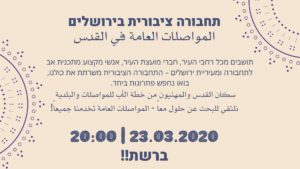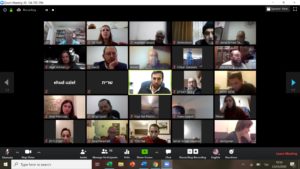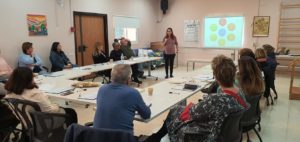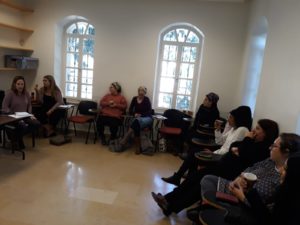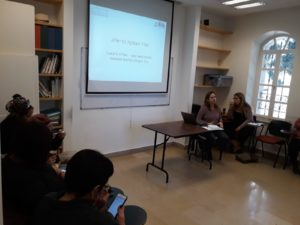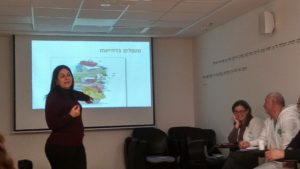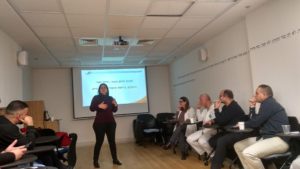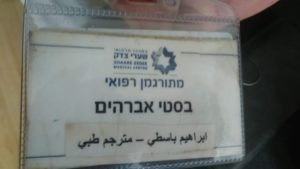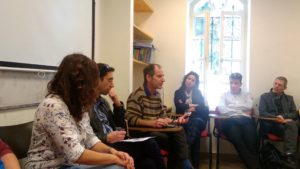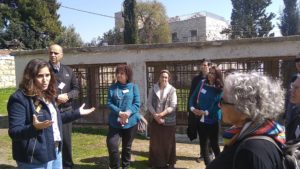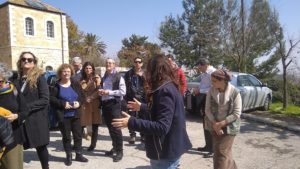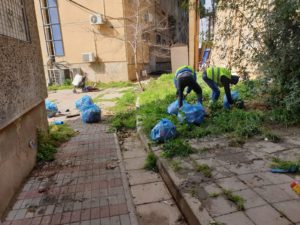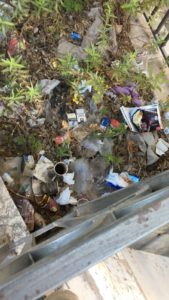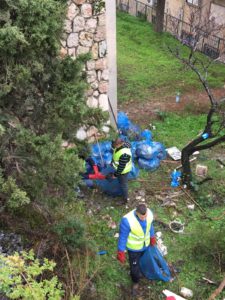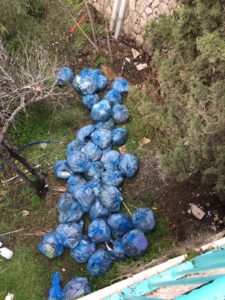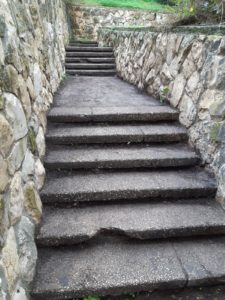Traveling Forward in Jerusalem Kickoff Conference – Moving Multicultural Activism Online
As part of our work in advancing the Jerusalem Covenant in Jerusalem, we’re advancing a number of multi-cultural initiatives to improve everyday life in Jerusalem, including, and especially public transportation.
In ‘normal’ times, is an issue that severely affects all – Arabs, Haredi Jews, secular and religious Jews. Each community has their own unique challenges, but it is a problem that is common to all.
For weeks we’d been planning a major conference for Jewish (religious / secular and Haredi) and Arab activists to come together for a conference on public transportation, which was set to take place on March 23. And then the COVID-19 crisis broke out, and mass gatherings were banned. So we took the conference online.
The meeting was attended by 90 people, including residents and professionals, Arabs and Jews, ultra-Orthodox and non-ultra-Orthodox, adults and young people, residents of Jerusalem from all neighborhoods and city council members. The participants were highly diverse, but their common goal was one – coming together to bring about better public transportation for all Jerusalemites. The fact that many of the initiatives raised were common among the different communities only reinforced the need for such intercultural work, and that this process is the right thing to do. We’ve called this initiative, Traveling Forward in Jerusalem.
Traveling Forward in Jerusalem seeks to create a group of residents and professionals – from all Jerusalem communities – who will work together, and who believe that together, and together with the Ministry of Transportation’s Master Plan for Transportation, these processes will make public transportation more accessible, and more adapted to residents’ needs. We aim to create a situation where residents and Jerusalem professionals influence the state of public transport in the city.
During the meeting, different ideas for discussion and action were raised. Among the initiatives that came up were: Developing an application to help operate public transportation more effectively, access to information for residents, a transport committee in East Jerusalem and more. From here, smaller action teams will focus on specific topics and initiatives. We will mentor and support the teams, and together we will work to promote and develop better public transport in Jerusalem.
It was amazing to see people’s willingness to get involved and discuss public transport in the city, even at a complex time like this, when all efforts are focused on the coronavirus. The responses from the participants were very positive, and the meeting seemed to exceed all expectations. We believe this is the first step in a long and meaningful process in our work in the city.
Here’s a short video (in Hebrew) that shows some of the issues discussed:
And, of course, many thanks to the Jerusalem Foundation, the Natan Fund and the U.S. Embassy Jerusalem, Tel Aviv Branch Office and U.S. Consulate General Jerusalem for helping us to advance tolerance and cross-cultural activism in Jerusalem.

